Major leasing companies are all reporting burgeoning demand for salary sacrifice car schemes, according to the British Vehicle Rental and Leasing Association (BVRLA), with employers keen to offer the employee benefit to all staff, especially at a time when salaries are under pressure.
Salary sacrifice volumes for its members are up 33% year-on-year to 35,751 cars, according to its quarterly BVRLA Leasing Outlook report.
The BVRLA says its leasing fleet has grown 2.9% year-on-year, despite expanding market uncertainty as new crises emerge.
While lead times of new vehicles appear to have plateaued, the industry faces new threats in the form of the cost-of-living crisis and concerns over the nation’s economy, it says.
Vans have again been the fastest-growing part of the association’s leasing fleet and are up 7.4% in the 12 months to Q2 2022.
The car fleet achieved modest growth (1.4%), while the resurgence of business contract hire continued and is up 3.8% after a sustained period of decline.
While the annual data paints a positive picture, there are early signs that the market is slowing down, resulting in a small decline in the overall size of the leasing fleet from Q1 to Q2 2022.
BVRLA chief executive, Gerry Keaney, said: “In a year punctuated by political changes, a deepening cost of living crisis, and immense supply chain challenges, BVRLA members have again held firm. To have grown the leasing fleet in such turbulent market conditions shows the strength of our sector.
“Tougher times lie ahead, with a recession imminent. The Government must continue to support the transition to zero emission road transport by maintaining tax incentives on electric vehicles.”
The move towards electric has continued, with battery electric vehicles (EVs) growing against all other fuel types. This includes against hybrid as more companies opt to switch directly from ICE models to pure EV alternatives.
Once fleets’ fuel of choice, diesel now accounts for just 9% of new car additions and 27% of the BVRLA car fleet, with petrol the dominant fossil fuel, responsible for 38% of new car additions.
Battery electric vehicles (BEVs), however, are surging ahead, responsible for 28% of all new additions, and an even higher share (35%) of business contract hire additions.
Pure electric cars now account for 16% of the total BVRLA car fleet.

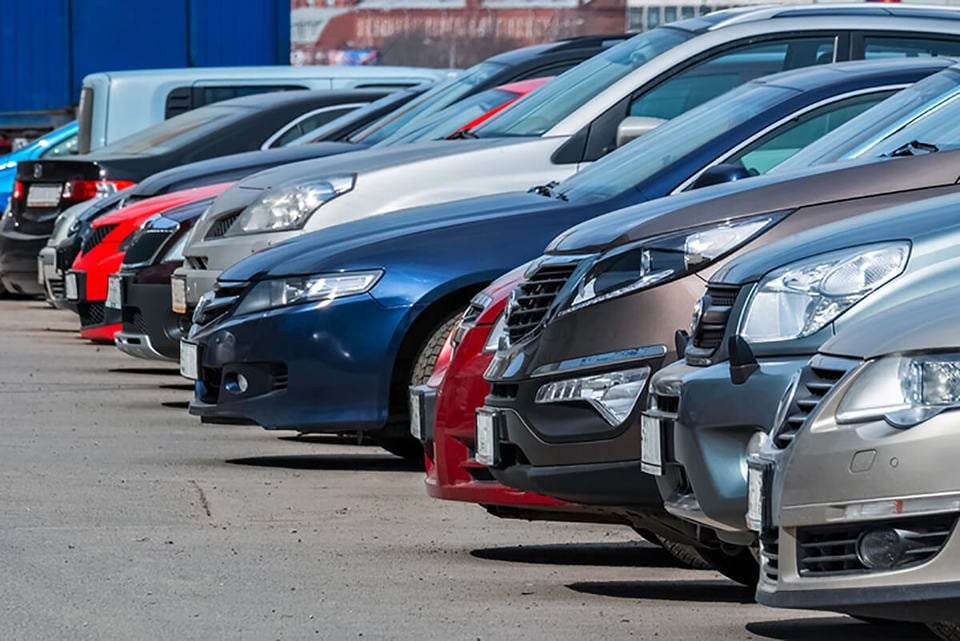




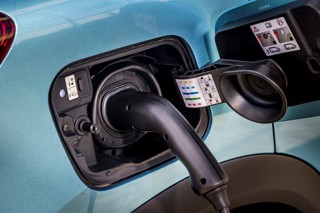
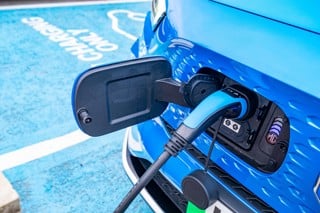

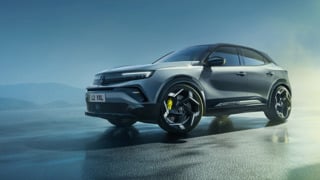
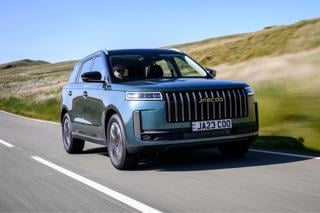











Login to comment
Comments
No comments have been made yet.